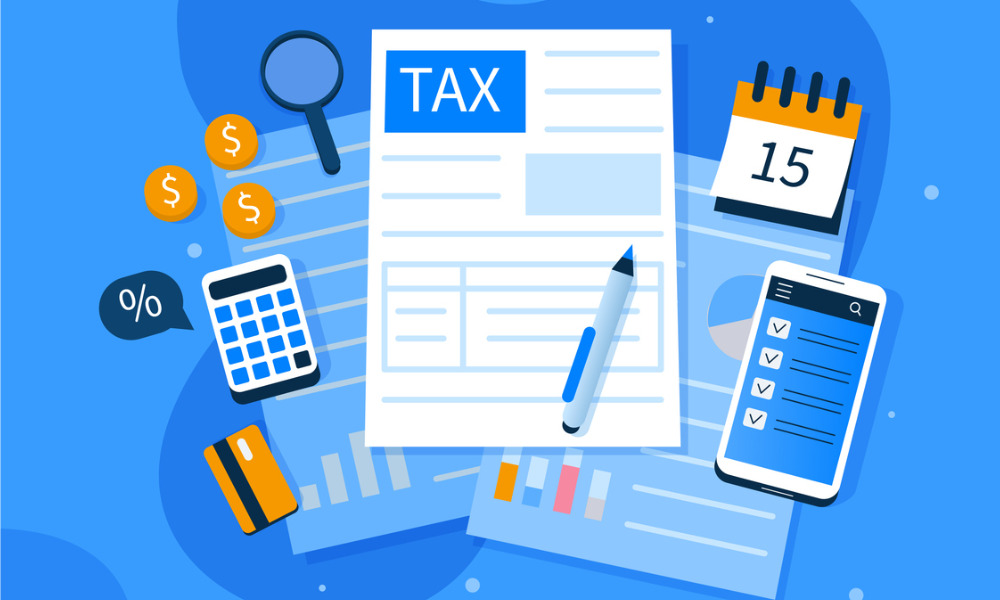‘Make use of the time available to plan ahead to help avoid any surprises at tax time’

While tax planning may not be top-of-mind amid the pandemic, now is a good time to prepare, according to Jamie Golombek, managing director of tax and estate planning at CIBC.
"I urge all Canadians, and particularly individuals and businesses directly impacted by the pandemic, not to wait until April to start looking at their finances from a tax planning perspective," he says. "Make use of the time available to plan ahead to help avoid any surprises at tax time."
In his report, 2020 Year-End Tax Tips: COVID-19 Edition, Golombek outlines several tax considerations for individuals and employers, including the Canada Emergency Response Benefit (CERB), for which the government will be issuing a T4A tax reporting slip for 2020 showing the total amount of funds received.
“This must be reported as income on 2020 returns, and since no tax was deducted at source from CERB payments, taxes may need to be paid on these amounts. The amount owed will depend on an individual's 2020 marginal tax rate, taking into account all other income earned this year.”
Other federal benefits available include the Canada Recovery Benefit (CRB), the Canada Recovery Sickness Benefit (CRSB) and the Canada Recovery Caregiving Benefit (CRCB).
"Individuals who have received any government benefits related to COVID-19 should estimate their total income from all sources and set aside funds to pay any potential taxes owed come filing season next April. Seek help from an expert who can walk you through key information and help you plan before it's crunch time," says Golombek.
Employer considerations
Under the Canada Emergency Wage Subsidy (CEWS) program, employers may be able to receive a subsidy of up to 85 per cent of eligible remuneration paid between March 15 and Dec. 19, 2020 if their business had a decrease in revenue. Businesses should keep in mind that the CEWS payments are taxable income to the employer.
Under the Temporary Wage Subsidy (TWS) program, an employer may qualify for a subsidy equal to 10 per cent of remuneration paid between March 18, 2020 and June 19, 2020, with a maximum of $1,375 per employee and $25,000 in total. A business eligible for TWS that did not reduce payroll remittances can still apply and the CRA will pay the amount of the subsidy to the business owner or transfer it to the following year's remittance. Like the CEWS, the TWS is taxable to the employer in the year received.
In a year end like no other, education is key, says one payroll expert.




